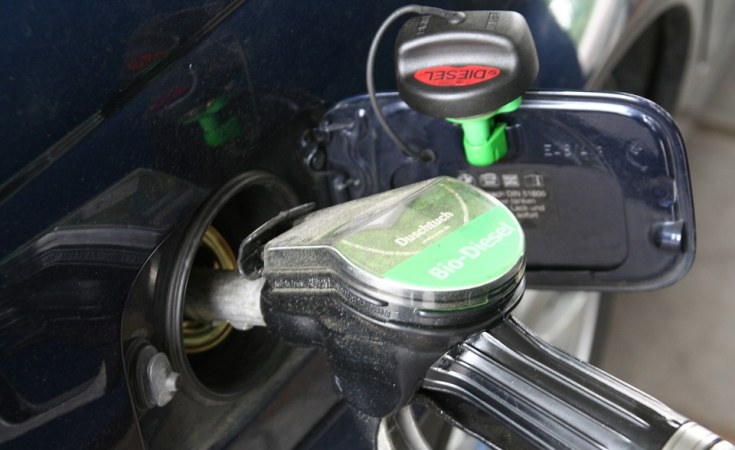Khartoum — A reduction in the prices of petrol and diesel, announced by Sudan's Ministry of Energy and Oil, that came into effect at 15:00 yesterday, will bring little relief to consumers, who face unprecedented high prices for basic food and commodities. Transport drivers say soaring maintenance costs will blunt any impact. Experts agree that the overall effect on the beleaguered Sudanese economy will be minimal, "as the fuel import market is monopolised by brokers and parasitism", and the price of fuel in Sudan is still above the world average.
In a decision that went into effect yesterday afternoon, the Ministry of Energy and Oil announced reductions in fuel prices in the country. Petrol has been reduced to SDG 522 a litre from SDG 700, while diesel has dropped to SDG 672 from a hight of SDG 700. starting from three in the afternoon on Tuesday, by more than 25 percent.
This reduction contrasts sharp increases by the Ministry of up to 30 per cent in August
A filling station owner in Khartoum told Radio Dabanga that he only received official notification of the price adjustments and noon on Tuesday. A driver, Mohamed Mahmoud, told Radio Dabanga that the decision to reduce fuel prices will not have any effect on the public, as prices for spares and maintenance continue to soar in the deteriorating economic situation.
Economic expert, Professor Muhammad Sheikhoun, said that the discrepancy between fuel prices in Sudan and international fuel prices is still very large, higher than the world price. In an interview with the Sudan Today programme, he told Radio Dabanga, that the ongoing upward trend in prices is due to taxes in addition to the foreign exchange rate and the profits of importers.
Economic analyst Kamal Karrar told Radio Dabanga that "the price of fuel in Sudan is subject to brokers and parasitism who have monopolises the fuel market since the state and the Ministry of Energy have stopped importing directly.
He attributes the high cost of fuel in Sudan, above the international price, to the large commissions for importers, which lead to the high costs of goods and passenger transportation.
"The previous prices of fuel were arbitrary and superstitious," he says, explaining that "the current reduction is slight and does not affect transport costs for the public, or the economic situation. He stressed that the current situation will continue if the oil import market continues to be monopolised by those he described as "parasitic".
The US Dollar is currently selling for SDG565 on the Khartoum parallel market today, while the selling rate is quoted at SDG448 according to the Central Bank of Sudan (CBoS).


